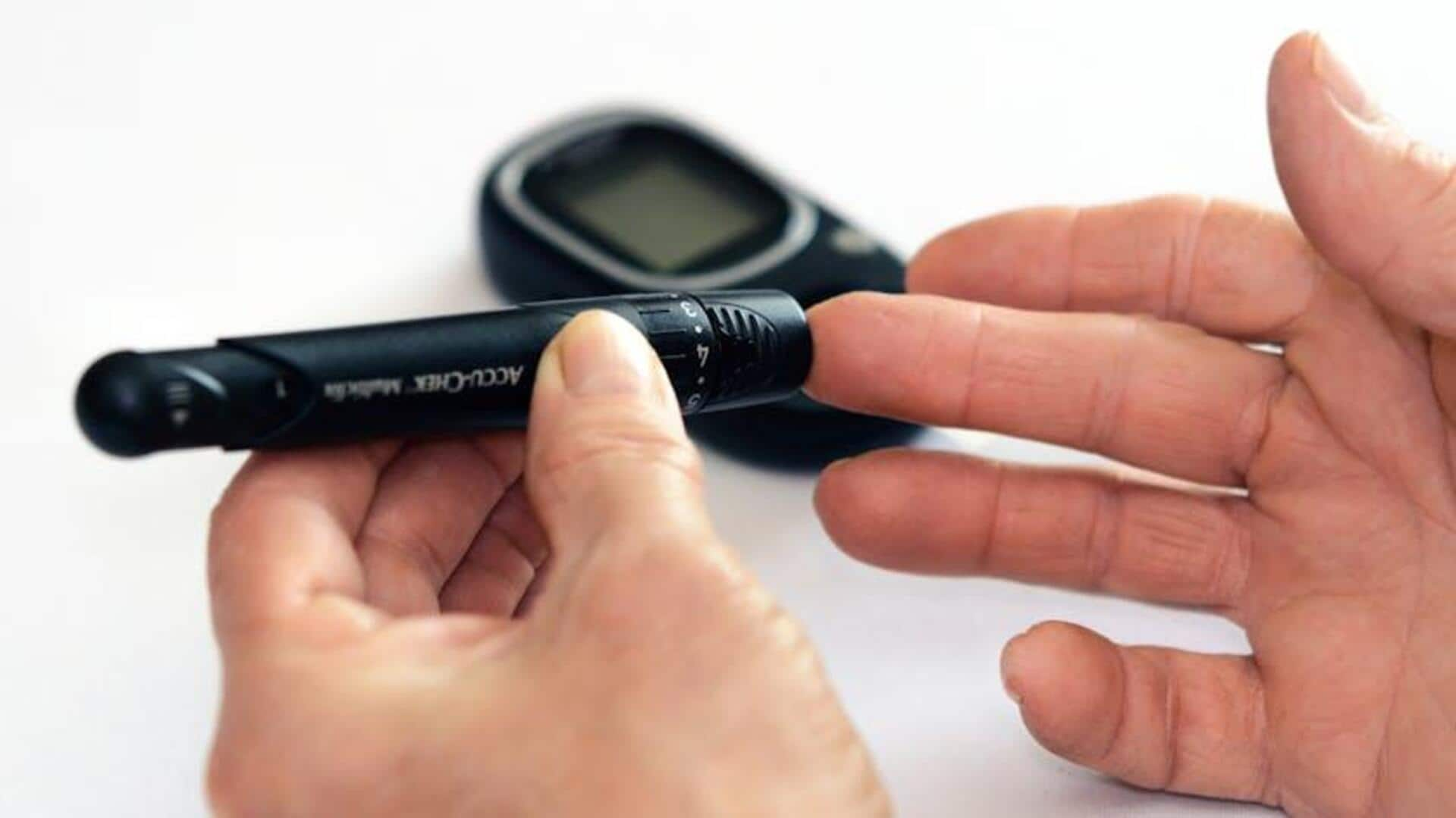
Crafting diabetic care budgets for affordable management in India
What's the story
Managing diabetes in India requires continuous medical and self-care education to prevent both short-term and long-term complications. Considering the significant expenses involved in diabetic care, it's essential for individuals and families to establish a budget that makes this care more affordable. This article provides a comprehensive guide on how to manage your diabetic care budget effectively, with practical tips for cost-effective diabetes management.
Tip 1
Optimize your health insurance
Take a closer look at your health insurance policy to make sure it covers all aspects of diabetes management, including medications, insulin pumps, and routine check-ups. If your current policy falls short, now's the time to switch to one that ticks all the boxes. Certain insurers provide plans tailor-made for people with chronic conditions like diabetes. You can save up to INR 20-30K a year.
Tip 2
Utilize government schemes
The government of India has several schemes in place to help people with chronic illnesses, including diabetes, manage the financial burden associated with their condition. Programs like the National Programme for Prevention and Control of Cancer, Diabetes, Cardiovascular Diseases and Stroke provide services at subsidized rates or even free at point-of-care in government facilities. Please do your homework, and don't shy away from utilizing these schemes.
Tip 3
Bulk buying and generic medications
Buying medications in bulk can save you a lot of money in the long run. Many pharmacies provide discounts on three- or six-month supplies of medication, making it more affordable than buying month-to-month. Plus, choosing generic medications over brand-name drugs can significantly reduce costs without sacrificing effectiveness. Of course, you should always discuss with your healthcare provider before making any changes to your medication.
Tip 4
Lifestyle modifications
Implementing lifestyle modifications like a healthy diet and regular exercise can drastically cut down on medications over time by keeping your blood sugar levels in check. And, while you may need to spend some money upfront on nutrition counseling or fitness classes, the long-term cost savings from not needing as many medications are huge.
Tip 5
Track your expenses
Keeping a comprehensive log of all your diabetes-related expenses is beneficial as it highlights areas where you might be able to reduce costs without sacrificing care quality. Leverage apps or even basic spreadsheets to record expenditures on medications, doctor visits, testing supplies, and any other associated costs over time. This transparency enables you to make budget adjustments proactively instead of reactively.